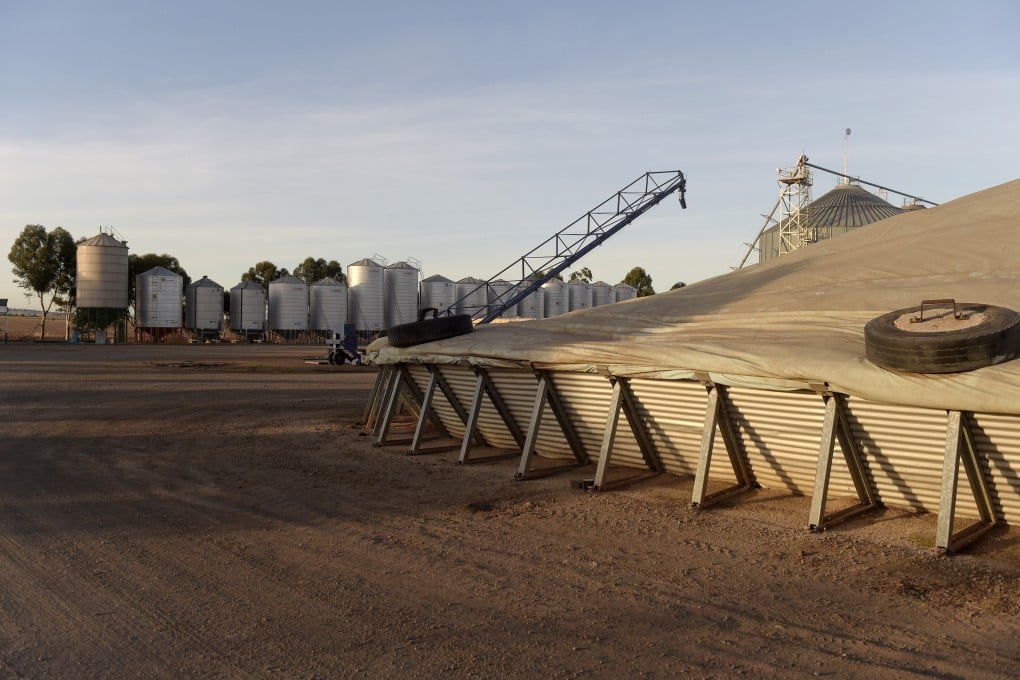China-Australia relations: Beijing blocks ‘premature’ move to set up WTO probe into Australian barley tariffs
- China imposed an 80.5 per cent tariff on Australia’s barley exports in May last year following the conclusion of an 18-month investigation
- Australia filed a complaint with the World Trade Organization (WTO) in November, but China rejected the request to form a panel on Wednesday – a move that will only delay the process

China as expected blocked Australia’s first request to establish a World Trade Organization (WTO) panel to investigate Beijing’s anti-dumping and countervailing duties imposed on imports of Australian barley.
According to a Geneva trade official, Australia said at Wednesday’s meeting of the WTO’s dispute-settlement body that China’s measures were “inconsistent” with WTO rules on the use of anti-dumping and countervailing measures, insisting that “no concrete steps” had been taken to respond to its concerns.
China responded that it was “not in a position” to agree to Australia’s “premature” request, as Beijing has been engaging in constructive and good-faith talks with Canberra both during and after the WTO consultations, and was willing to continue its engagement.
China also insisted that its authorities had conducted its investigation in a fair, thorough and transparent manner.
